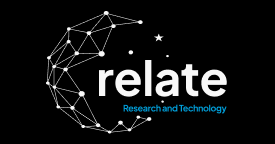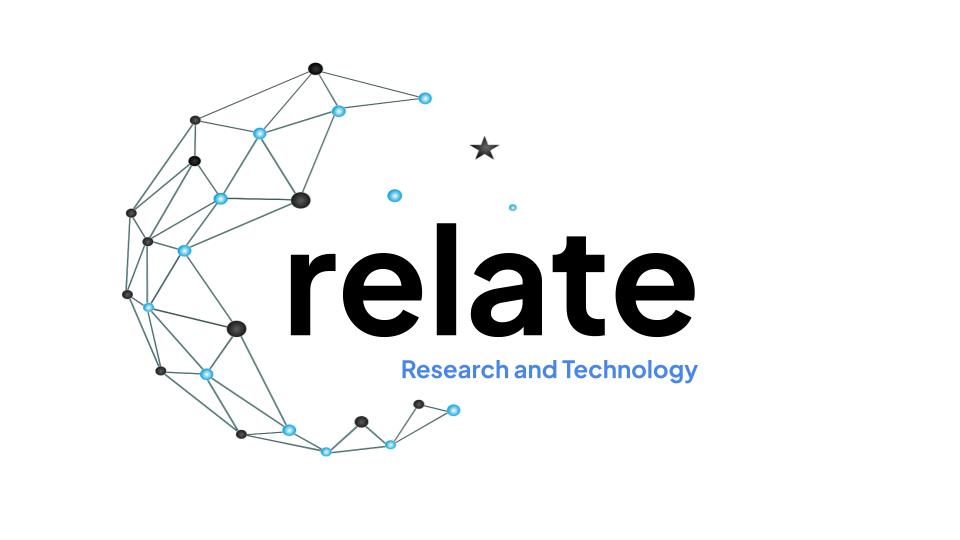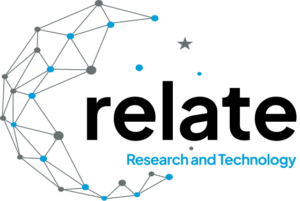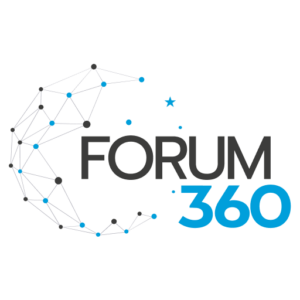
You may have watched Simon Sinek quote the Navy Seals on trust verse performance. Likely, your key takeaway was that the ‘highest performing organization on the planet’ prefers the trustworthy over the high performing. At Forum 360, we often quote research that shows within financial services, trusted product managers raise up to 4x the investment of performing managers (CAG, 2014, Your Performance Doesn’t Really Matter). Our love for data means our key takeaway is different. Simon emphasizes the lopsided metrics in business toward performance rather than trust. Clearly there is an imbalance.
In our experience, firms have tried to address the imbalance by tracking the clicks of a customer’s journey through their client portal, clicks within their CRM by sales representatives (reps), surveys, sales meeting notes and transcripts. Trust is not measured by clicks on a website or CRM. Sales reps do not collect standardized data from meeting notes, surveys are latent and take a long time, while transcripts are just recordings.
In Maister, Gailford and Green’s 2002 book The Trusted Advisor, they derive the equation for trustworthiness as:
Trustworthiness = Credibility + Reliability + Intimacy
Self-Orientation
Notice that there are no impersonal measures in this equation. Clicks on a website or CRM are near polar opposite to intimacy. You can only look for evidence of the equation factors in a transcript. The transcript does not drive the conversation. That is up to the sales rep or the survey questionnaire.
Sales reps build their careers on relationships. Good sales reps try to make meeting experiences intimate and focused on client agenda (self orientation). They brief product experts with intelligence from prior meetings and client interest to build the story over time (reliability) and prep on relevant content (credibility). The problem is measurement and scale.
Sales reps reach for the notepad to take free-form sales notes in a meeting. Put one product manager and five sales reps into a room and ask them to take notes. Compare notes at the end of the meeting and without a standard, collective wisdom gets lost in jargon.
These notes are not shared without entry into a CRM. A task not popular and often not done on the belief that it will not be read nor analyzed in an effort to improve sales outcomes. So long as the content is jargon and the analysis lacking, whatever trust-metrics are in the content are overshadowed by the clicks that are readily available to scrutinize: the number of meetings, calls, emails a sales rep makes every day. The gamification of sales teams misses what is important by a wide margin of error.
When meeting with investment manager sales teams, they share with us the daunting task they have, no matter the mandate. Trying to win institutional business? The US Census Bureau estimates there are 6k locally-managed defined benefit public pension plans. Globally, the top 300 pension funds manage only 41% of the asset pool indicating a fragmented market. We have heard estimates as high as 10k institutional allocators in the US alone once endowments and other institutional allocators are included. The challenge is exponentially more difficult when targeting financial advisors (>330k in the US) and direct (~150 million stock investors in the US according to Gallup). Meeting with investors 1×1 and taking notes is not a scalable strategy for sales reps, let alone product experts.
Survey questionnaires bring a standard, scale and a series of trust-metrics from OTI to McCroskey to Rotter’s scale. The problem is that these surveys take time, are not in sync with the investment (sales) process nor are the findings that applicable to the sales process. When the survey is quantitative, its all about sales outcomes and not the reason why your firm received less investment dollars relative to your peers. When the survey is qualitative, the answers are usually provided to third parties, delinking the feedback from the investment (sales) process.
It is common for survey providers to take 3-6mths to gather and analyze answers. Of course, surveys can be managed in-house and sent out after a client event or meeting. That process adds multiple hours to the process of setting up a meeting, managing and hosting that meeting then spending time chasing answers to survey questions. This is not an efficient use of time.
Forum 360 addresses the imbalance differently. Our measurement is standardized across all meeting formats looking at the factors in Maister, Gailford and Green’s equation for Trustworthiness. These measurements are taken during sales meetings, linking the findings to the sales process. The surveys are brought in-meeting and measure the behavior of attendees as well as comments, questions, sentiment and feedback. Finally, we have demonstrated over 88% group meeting efficiency gains, without losing intimacy, and over 150hrs of time savings per meeting making the solution scalable. Together with our clients, we are addressing the imbalance between measuring performance and trust. Contact us today for a demo.




